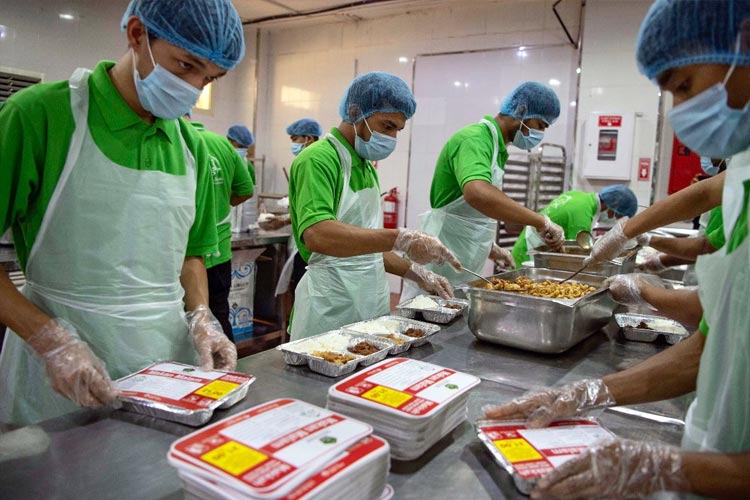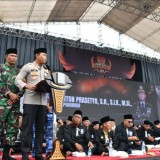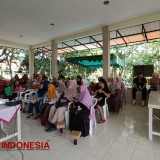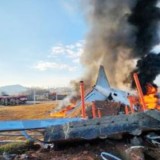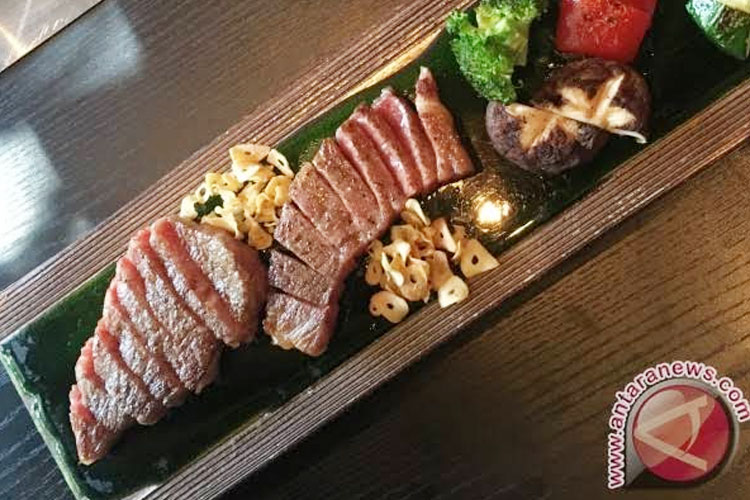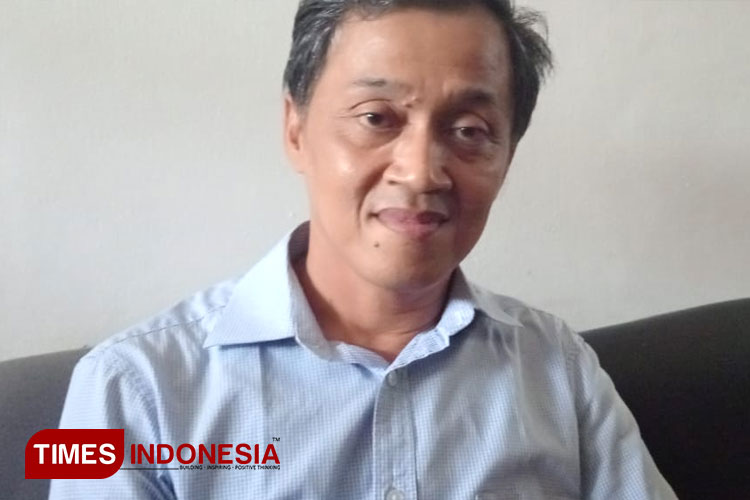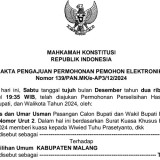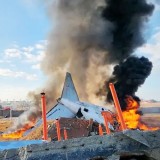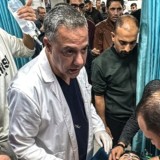TIMES MALANG, JAKARTA – The Hajj pilgrimage is a significant religious journey that requires months, if not years, of preparation. To ensure that the journey is safe and healthy, the Indonesian Hajj authorities call for all pilgrims to consume their food within the safe and recommended time frame. Dedy Kurniawan, the coordinator of the sanitation and food security team, emphasized the importance of adhering to the safe time frame as it could prevent health issues caused by unhealthy food.
Kurniawan explained that even though the food samples had passed the organoleptic test by the food security team, food safety measures should still be taken to prevent any risk associated with the food. Pilgrims should also be cautious because consuming spoiled food can lead to health issues and illness.
One of the critical factors that cause food spoilage is improper food storage. Food can spoil due to bacterial and fungal growth at temperatures between 5 and 60 degrees Celsius. Longer storage time can also result in more fungal and bacterial growth.
Food spoilage can be identified by aroma and texture changes, including becoming mushy or slimy and giving off unpleasant odors. Pilgrims are reminded to consume their food within the recommended time frame to avoid some issues occur.
In light of the potential risks associated with food safety, the Indonesian Hajj authorities set a safe consumption timeframe for the food rations distributed to the pilgrims. During the safe period, the number of bacteria in the food is minimal and poses no threat to health. Once the safe time frame has passed, it is highly likely that the microbes have multiplied rapidly, rendering the food inedible.
The Hajj authorities have established a food security network for pilgrims, consisting of the consumption section, sanitation team, and food security team. The network runs from the pilgrims' work zones (Daker) to the food processing locations or catering kitchens.
At the sector and cluster levels, there are consumption supervisors and Hajj healthcare workers who play a critical role in safeguarding food safety for the pilgrims. These individuals are at the forefront of the food safety process.
Before consuming any food, pilgrims are encouraged to check that the food is safe. In the event that they receive spoiled food within the safe period, they should immediately report it to the Daker staff and avoid consuming it. The Daker staff will investigate the food's condition, and if it is found to be spoiled, it will be replaced immediately.
Food safety is a critical aspect of any Hajj pilgrimage. Pilgrims should follow the recommended time frames for food rations and remain vigilant for any signs of spoiled food. Hajj authorities and staff should also work together to ensure a safe and healthy journey for all pilgrims. (*)
| Pewarta | : Khodijah Siti |
| Editor | : Khodijah Siti |
